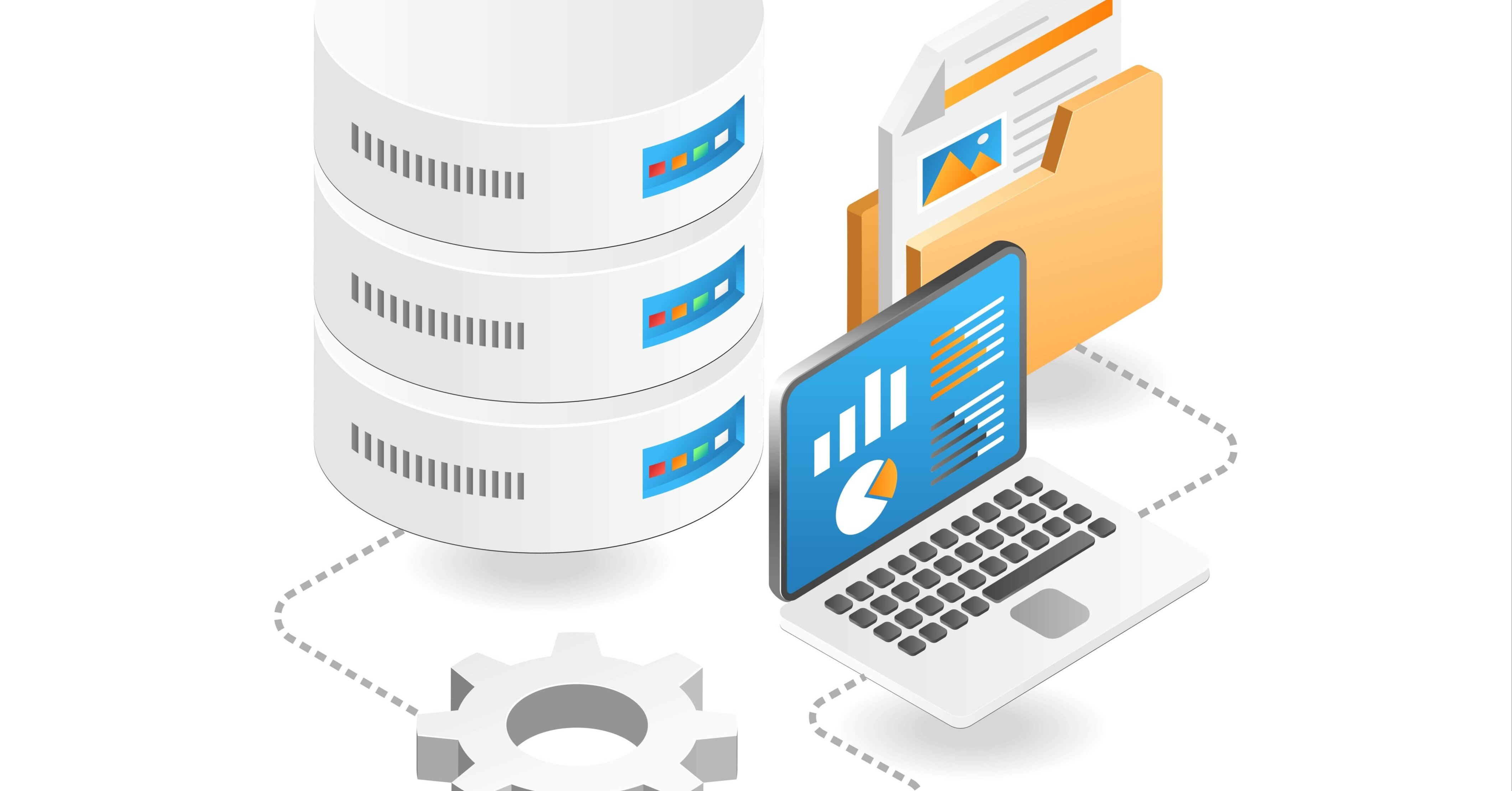The following blog comes from Zach Corley, Data and Analytics Consultant at Superior Consulting Services.
When it comes to storing data, businesses need to decide on what kind of data storage system they want to use. There are several different ways a business can store its data, but the most common are a data warehouse, a data lake or a data lakehouse. Not all storage systems are created equal though, so let’s take a look at each one of these storage systems and figure out which one would work best for your business.
What is a Data Warehouse?
A data warehouse is typically best used when a business has structured data that is defined by schemas that help sort the data into neat and concise tables. Data warehouses can be a one-stop destination for all of a company’s meta-data, storage, and compute components.
These types of storage systems are the more sensible choice for businesses who use their data for analytics and reporting.
A common type of data warehouse is an inventory management system for retailers. This can be synced across multiple locations or confined to one location, but either way the information is structured and optimized for tracking purposes: how much product is being bought, stored and stocked.
What is a Data Lake?
If a data warehouse is for structured data, then a data lake is for more unstructured data. This kind of storage system is typically used for streaming or machine-learning scenarios. Data lakes typically use data formats like JSON, Apache Parquet, and Apache Avro in their environment.
Data lakes are easily customizable, so your business can pick and choose what they would like based on the requirements they would need. Data lakes can also decompile and compute large amounts of data, which can save costs for a business while enabling real-time streaming and querying.
A well-known example of a data lake is Netflix, which uses a real-time stream processing data lake to personalize content recommendations. Content recommendations are extrapolated via machine learning based on a user’s behavior and content viewing history as well as data from similar users.
What is a Data Lakehouse?
Finally, a data lakehouse is like a data warehouse and a data lake combined. It takes the traditional data analytics of a data warehouse, and fuses it with the machine-learning and other advanced functions that you would see in a data lake. Within a data lakehouse, a business is offered analytical flexibility combined with more diverse data types. Data lakehouses are taking great strides in combining the benefits of both data warehouses and data lakes, offering an alternative for businesses with diverse data.
One popular example of a data lakehouse is healthcare software. Doctors need access to individual patient records, while the provider organization wants more robust data insights so they can optimize care management, manage provider networks and identify revenue cycles. With a data lakehouse, both needs are met.
Using the right data storage system is critical when it comes to making data-driven decisions in business. A data warehouse, data lake and data lakehouse all fill specific needs within a business, and it is up to you to decide which type of storage structure is best suited for your business. By carefully evaluating your business's data needs and objectives, you can choose the storage system that will best support your data strategy, ensuring both operational efficiency and strategic advantage.

